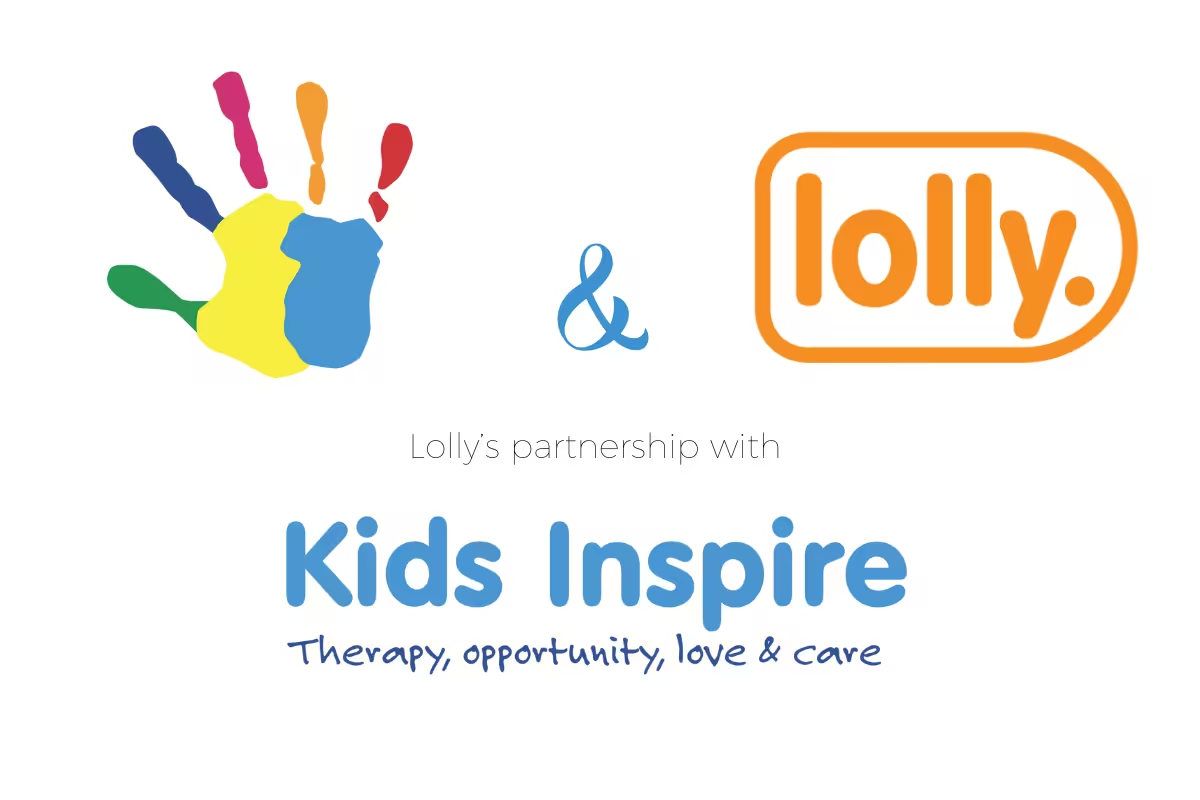Book a Demo
Please fill in the form, and we'll get back to you promptly with the information you need.
Lolly Gets Behind (And Ahead Of) The Deposit Return Scheme

Chris Lennon, product manager at Lolly, discusses the work the development team have undertaken to prepare for the launch of the Deposit Return Scheme for their customers in Ireland.
According to reports, over two million drink containers were cashed in during the first month of the Deposit Return Scheme, which launched in Ireland in February 2024[1].
The Deposit Return Scheme
In a Deposit Return Scheme (DRS), consumers are charged an additional deposit fee when they purchase a drink in a single-use container. This deposit, which acts as an incentive to support recycling, is redeemed when the consumer returns the empty container to a return point. If the container isn’t taken back, then the deposit is retained.
Following the launch of the scheme in Ireland, which has also become a legal requirement, Lolly was approached by some Irish clients to help them manage the running of this through their EPoS systems.
What has Lolly developed and launched?
The Lolly development team set to work building DRS functionality, which enables consumers to return their empty drinks containers to any store (not necessarily the one they purchased from). Provided that store sells the drink in question (with barcode verification), then the 15 cent deposit is returned, or they can be offered discounts against future purchases.
Where next?
A number of countries run similar schemes, and obviously it has seen real success in Ireland so far.
According to recent reports, The UK Government is at risk of breaking its manifesto commitment to deliver the DRS. The flagship scheme has been in development with Defra since 2017, and it was part of the 2019 Conservative manifesto. Organisations, including Coco Cola and Greenpeace are calling on ministers to introduce the recycling scheme.
It will be interesting to see where this all goes, but one thing is for sure – we have learnt a lot from the launch in Ireland and if and when the time comes that our other clients need the functionality and support,we are firmly on the front foot.
We can build the framework rapidly – by simply putting a value against each product and enabling the hospitality provider to import relevant products across. A redemption process can then be added to the till,so that everything is in place from an end user perspective – to deliver a swift and seamless transaction.
A focus on sustainability
At Lolly we are focused on the environment, having recently achieved our ISO140001 accreditation to help underpin and improve our environmental performance.
If and when the DRS does come into force, it will be vitally important for retailers and hospitality providers (no matter how big or small), to ensure they work closely with their tech teams to undertake the necessary development work to ensure they are meeting their legal (and environmental) obligations.
[1] https://www.irishmirror.ie/news/irish-news/deposit-return-scheme-figures-february-32279429
Frequently Asked Questions
Related Posts
See all posts
Lolly And Lloyds To Launch Pay By Bank System At Open Banking Expo
Lolly, the UK-based hospitality technology specialist, has collaborated with Lloyds to develop an innovative Pay by Bank system, which will be showcased at the upcoming Open Banking Expo.

Together We Inspire- Lolly x Kids Inspire Partnership
We’re proud to announce our new charity partnership with Kids Inspire, a children's mental health charity offering free trauma support to families who otherwise couldn't afford it.

Natasha's Law, Hospitality Business & Kitchen Management
For food businesses across the UK, food labelling has always been an important part of maintaining trust and safety. But following a tragic incident in 2016, the conversation around allergens became much more urgent.
Subscribe to our Newsletter.
Subscribe to our newsletter to get a curated summary of our latest insights delivered to your inbox monthly. No sales pitches, no spam — ever.


